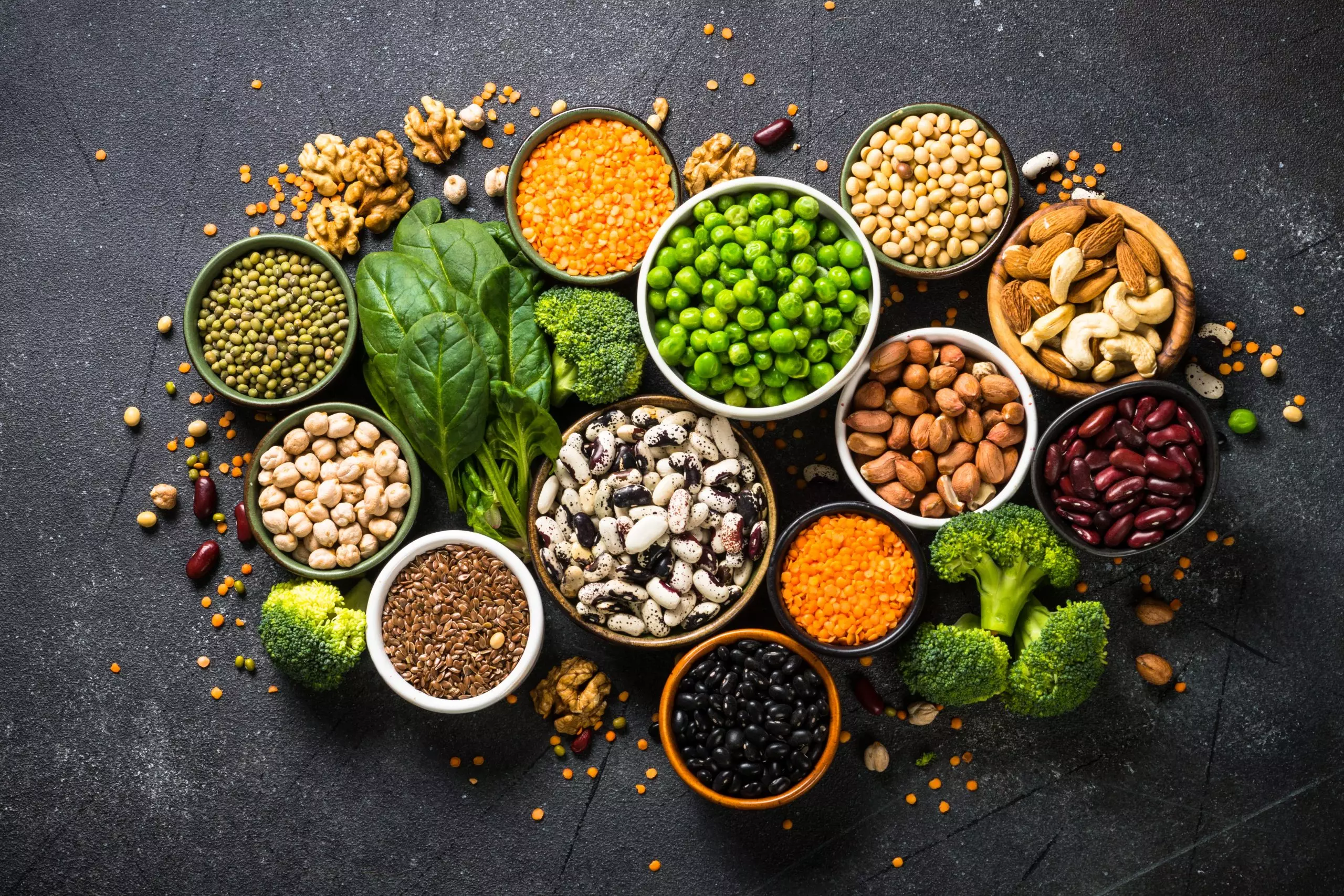Food Guidelines for Vegetarians With CKD
Are you frustrated by so many renal diets being built around meat, poultry, and fowl for protein? If you’re a vegetarian, or just prefer following a mostly plant-based diet, knowing how to incorporate other protein sources, and in what amounts, can be challenging. Working closely with your renal dietitian is best for creating personalized meal plans for your needs and preferences, but here are some general guidelines from the National Kidney Foundation concerning non-meat protein sources for a vegetarian renal diet.
Protein sources
Your body needs protein to produce enzymes and hormones, build and repair muscle and tissue, and fight off infections.
Depending on your stage of CKD, and your own healthcare team’s customized recommendations for you regarding your protein needs are the best ones to follow. Some protein sources they may recommend if you don’t want to eat red meat or poultry are:
- Egg (1) or egg substitute
- Veggie burger (½ to 1)
- Seitan (1 ounce)
- Beans (⅓ to ½ cup if cooking dried beans)
- Tofu (¼ to ½ cup)
- Tempeh (¼ cup)
- Nut butters (2 tablespoons)
- Cottage cheese (¼ cup)
- Fish, for pescaterians (1 ounce)
Depending on your stage of CKD, and your own healthcare team’s customized recommendations for you regarding your protein needs are the best ones to follow. Image from Shutterstock.
What foods to limit
While plant and other non-meat proteins can be healthy, and good alternatives to red and white meats, not all vegetarian foods are as healthy and safe as you might think, especially when you have CKD. The following can be high in sodium, potassium, and/or phosphorus:
Sodium
- Frozen meals
- Canned or dried soups and broths
- Soy-based cheese and meat alternatives (tofu hot dogs, deli slices, etc.)
- Highly-processed dairy cheeses
- Foods and condiments that contain soy sauce, tamari sauce, or salt/sodium spice mixtures
Potassium (limit to one serving per day)
- Soy flour
- Textured vegetable protein
- Nuts and seeds
- Beans and lentils
- Tomato and potato products
- Dried fruit
Some fruits and vegetables are also high in potassium. The NKF suggests limiting your daily overall intake to:
- 1/2 cup fresh fruit, canned fruit or juice
- 1 cup fresh vegetables
- 1/2 cup cooked vegetables
Stay ahead of your CKD
Responsum for CKD empowers people with kidney disease through community, knowledge, and shared experiences
Phosphorus (limit to one serving per day)
- Milk and other dairy products (yogurt, pudding, custard, etc.)
- Commercial non-dairy creamers
- Dark colas
- Any highly-processed foods, even vegetarian ones
- Any foods containing phosphates
Rice milk can be substituted for dairy milk.
Cereals, breads, and grains
Many whole grains contain a little more phosphorus than white breads and white grains do, but that doesn’t necessarily make them less healthy or safe. The body absorbs 100% of the phosphorus from white breads and grains, while only absorbing 20-50% of the phosphorus from whole grains. Because of this, the NKF’s general guidelines say that it’s ok to have six or more servings of whole grains daily, including:
- Amaranth
- Barley
- Brown rice
- Couscous
- Millet
- Quinoa
- Whole grain pastas
Speak with your doctor and dietitian about safe whole grain servings, as well as appropriate servings of all food groups at different stages of CKD, to determine what’s best for your safety and nutritional needs.


